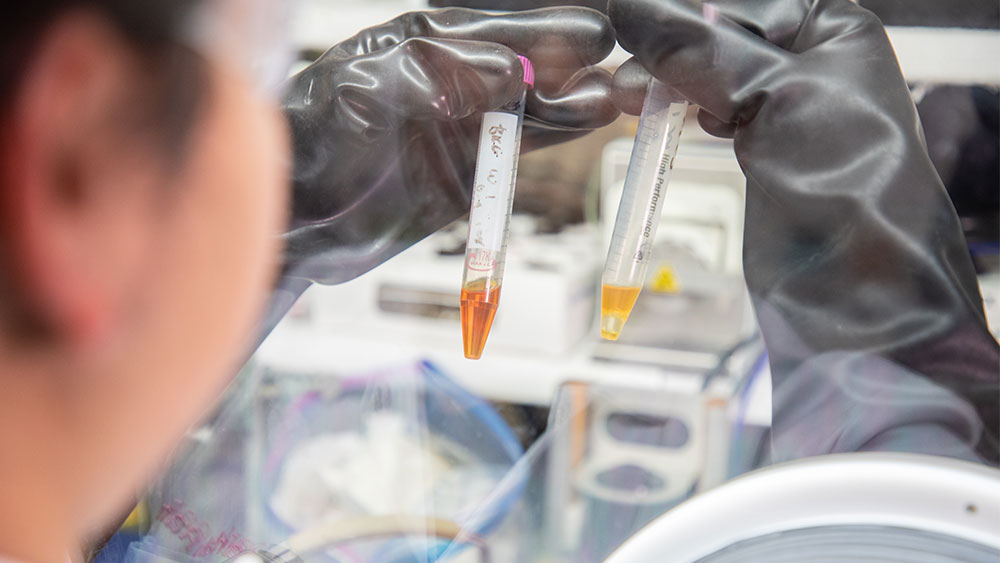
Robert “Holt” Mendleski, a postbaccalaureate undergraduate in the Department of Nuclear Engineering at Texas A&M University, has been interning with Los Alamos National Laboratory’s (LANL) criticality safety division since summer 2020.
“I felt like I was in over my head from the start,” Mendleski said. “But it has been really awesome. They are really receptive. It’s been a super positive experience, and I feel more confident in my future as an engineer now.”
Guided by associate professors Dr. Pavel Tsvetkov and Dr. Sunil Chirayath and a representative from LANL and the Y-12 National Lab, Mendleski’s course project centered around evaluating a glovebox that contained a v-blender used for mixing various uranium powders.
“A large job for current safety analysts is doing crude safety evaluations,” he said. “So, operations are done in gloveboxes, which are basically like an oversized oven with some lead-lined rubber gloves that extend into the oven. And a lot of the materials that are handled in gloveboxes are fissionable, so they have to ensure that there isn’t too much of that material in the glovebox under certain conditions at the same time, which could inadvertently cause a criticality accident.”
What Mendleski found during his course project was several necessary criticality safety calculation problems.
After his final presentation and an internship interview, Mendleski started his work with LANL – albeit virtually due to COVID-19 restrictions.
One of his first assignments was to revise the Monte Carlo N-Particle code (MCNP) input files that are associated with several criticality benchmark studies.
As he explained, while previous revisions had taken place, no formal documentation had been made – something that LANL has been working hard to correct in order to provide a large centralized repository. This collection of information will ultimately allow metrics, including fissile material type and average neutron energy, to be compared across a wide range of studies involving criticality.
While working on this assignment, a material card error was discovered, which Mendleski argued was significant and caused a significant effect on the keff value. Encouraged by his mentor to write a paper on this instance, Mendleski was ultimately selected to speak at the American Nuclear Society Winter Conference.